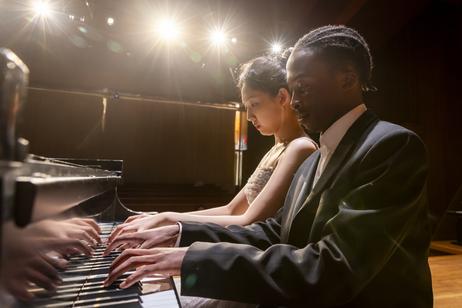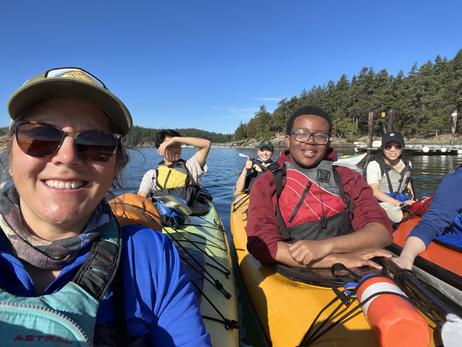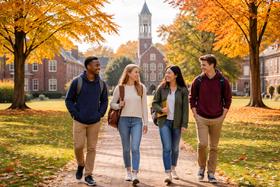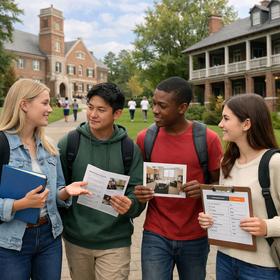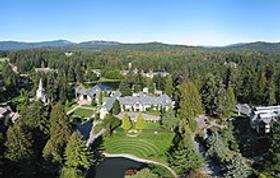Boarding School Scholarships and Financial Aid: A Parent’s Guide
For many families, the dream of sending a child to boarding school feels out of reach because of high tuition. The reality, however, is that financial aid and scholarships make boarding schools accessible to a wide range of students. In fact, nearly 40–45% of boarding school students receive some form of financial assistance.
This guide explains what types of aid are available, how to apply, and what families can realistically expect to pay in 2025.
Understanding Boarding School Costs
Before diving into scholarships, it helps to understand the full cost of attendance.
Tuition:Covers academic instruction.
Room and Board: Includes housing, meals, and student services.
Additional Fees: Technology, health, activities, textbooks, and travel.
In 2025, the average boarding school tuition is between $60,000 and $80,000 per year, depending on the school and location. Five-day boarding options average around $55,000, while seven-day boarding averages about $69,000.
Types of Boarding School Financial Aid
1. Need-Based Aid
Most aid is need-based and calculated from a family’s income, assets, and household circumstances. Schools typically use third-party evaluators to determine eligibility.
2. Merit Scholarships
Some schools offer awards for academic excellence, artistic talent, athletic ability, or leadership. These scholarships are less common but can significantly reduce tuition.
3. Full-Ride Scholarships and Income Caps


